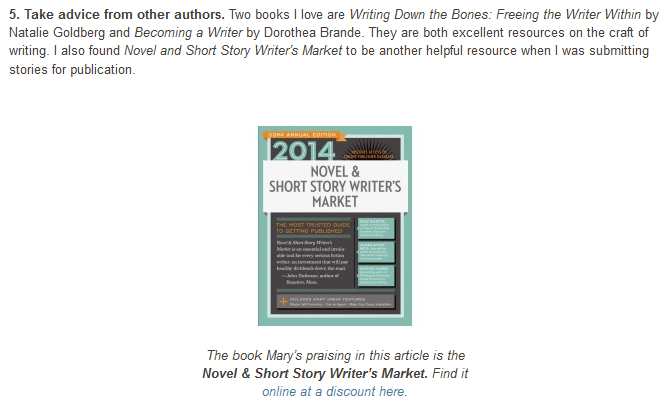10 Dos & Don'ts For the Aspiring Novelist | WritersDigest.com
So I know we don't generally believe in absolutism around here, but I thought maybe some could find some good habits out of this article.
Thoughts?
So I know we don't generally believe in absolutism around here, but I thought maybe some could find some good habits out of this article.
Thoughts?


 Auror
Auror Sage
Sage